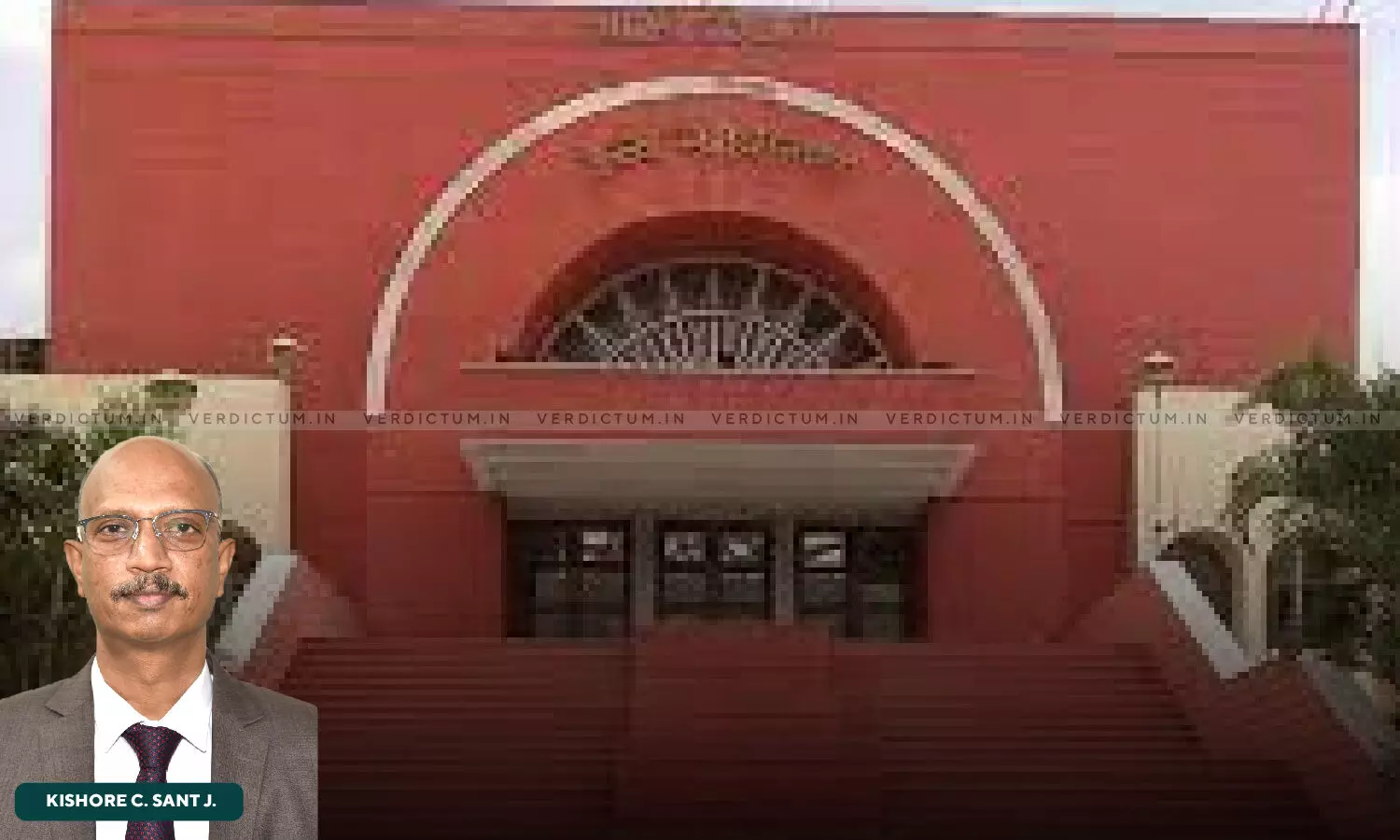
Only Encroachment On Government Land Can Result In Disqualification As Per Maharashtra Village Panchayats Act: HC Quashes Order Disqualifying Sarpanch
 |
|The Bombay High Court, Aurangabad Bench, allowed a Writ petition filed by a Sarpanch against the Order of the Additional Divisional Commissioner (Commissioner) who disqualified her under Section 14 (1) (j-3) of the Maharashtra Village Panchayats Act (MVPA) for encroaching upon public land. The Court emphasised that the determining factor for an offence under this provision is the encroachment on government or public land.
The Court observed that every encroachment or excessive construction cannot result in disqualification under the aforesaid Act.
Justice Kishore C. Sant said, “For the purpose of Section 14 (1) (j-3) what is material is the encroachment on the public/Government land. Any encroachment or excessive construction cannot incur disqualification under this Section. To make public representative unseat is serious thing. It was necessary, therefore, to look into the material carefully before passing an order”.
Advocate H.I. Pathan appeared for Petitioner while Additional Government Pleader K.B. Jadhavar, Advocate S.B. Pulkundwar, and Advocate J.M. Kurkute appeared for the Respondents.
The Petitioner was elected as a Gram panchayat member and later became the Sarpanch. A dispute was filed by one of the respondents under Section 14 (1) (j-3) of the Act, contending that the Petitioner's house was constructed on government/public land. The Collector dismissed the case after investigating and found no encroachment on government/public land. The said respondent approached the Commissioner challenging the order of the Collector. The Commissioner set aside the order passed by the Collector and disqualified the Petitioner under Section 14 (1) (j-3) of the Act.
The High Court after hearing the arguments of the parties, held that the Additional Divisional Commissioner should have carefully considered all the evidence; therefore, interference was necessary.
“Considering the record and the documents produced before this Court, this Court finds that the finding of the learned Collector is mainly based upon first report submitted by the BDO and secondly on the second report which was submitted by the Deputy Engineer of Zilla Parishad (Construction). In first report no specific opinion was formed, therefore, the learned Collector rightly called for second report. Therefore, this Court finds that the learned Collector rightly recorded that there is specific answer by the Deputy Engineer of Zilla Parishad (Construction), that no encroachment is found on the Government/public land. There is no material to show that the said report is incorrect.”, the Court observed.
The Court concluded that there is also no other material to show that there is encroachment on the public/Government land and that the Commissioner only took into consideration that there is a report that some excessive construction was made.
Accordingly, the Court allowed the Writ Petition and quashed the order of the Commissioner.
Cause Title: Sunita v The State of Maharashtra